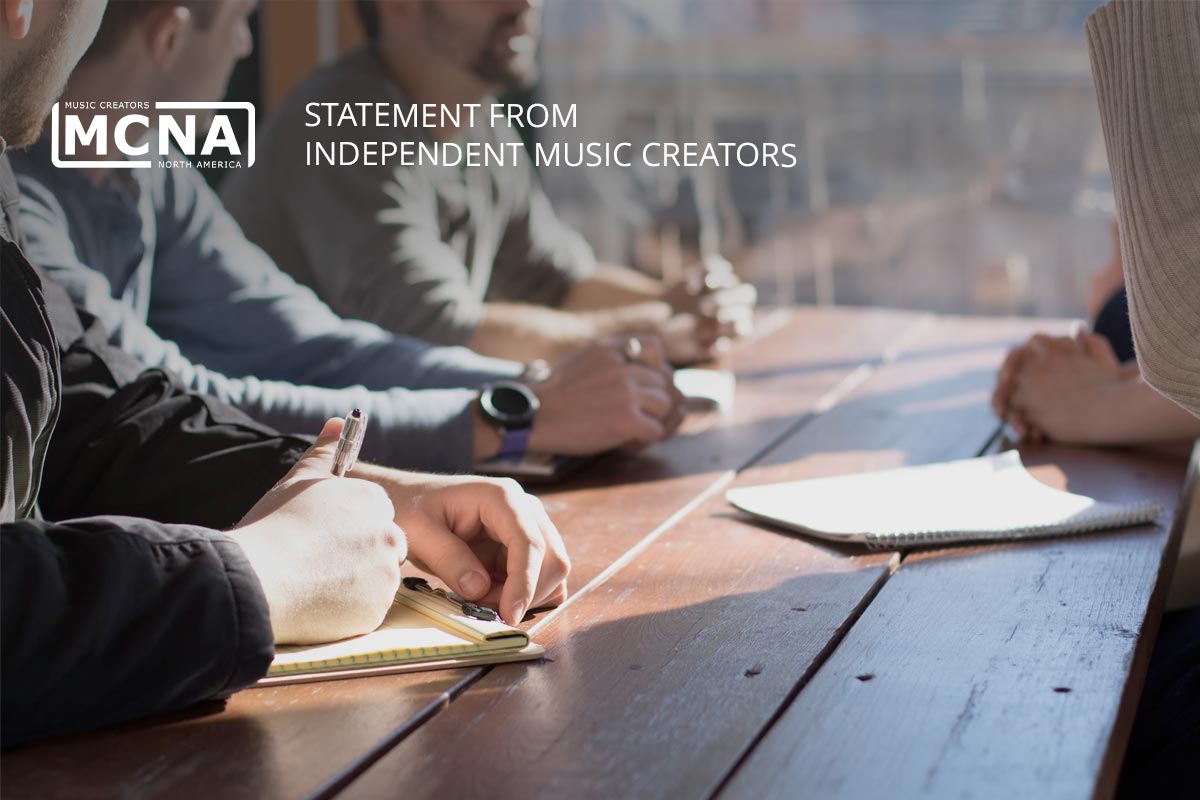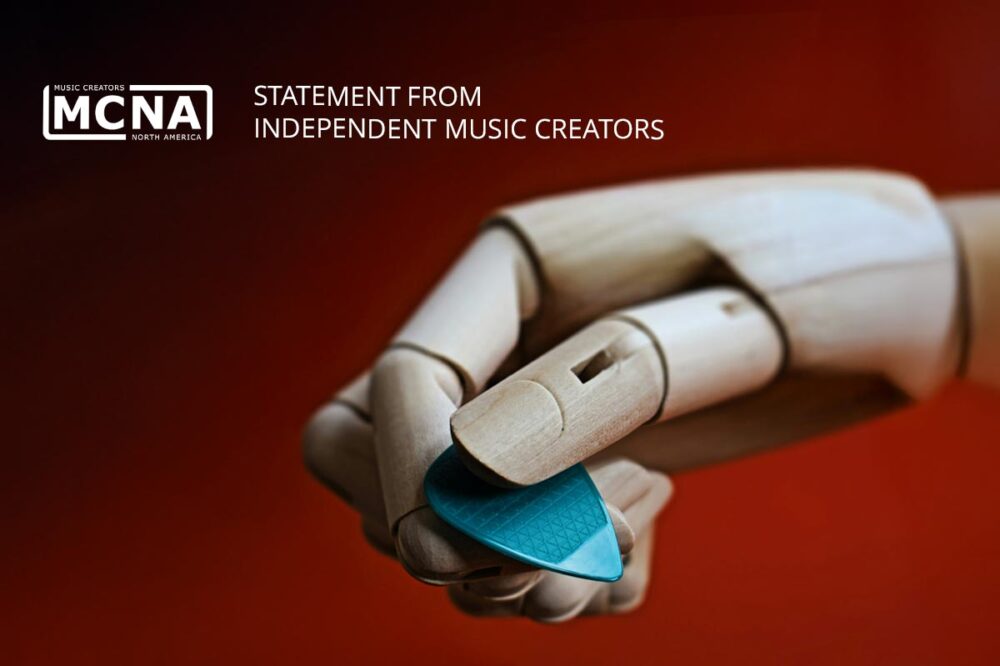Statement of the Music Creators North America (MCNA) coalition demanding greater protections of music creator rights in GenAI settlements and licensing agreements.
New York. November 13, 2025–The Music Creators North America (MCNA) coalition serves as the collective voice of the independent music creator community in the United States and Canada, advocating for the protection of the rights of tens of thousands of North American songwriters, composers and lyricists and hundreds of thousands of others around the world. Today, MCNA joins the US Music Artists Coalition (MAC), the UK Council of Music Makers (CMM) and other creator advocacy groups in renewing our demand that music publishers, record companies and generative AI systems adhere fully to transparency, disclosure and creator-consent standards in the context of privately negotiated generative AI (GenAI) licensing agreements.
In that respect, MCNA is particularly concerned over the recent public endorsements by several music industry sources of an announced litigation settlement between Universal Music Group and the generative AI company Udio, even though many of the terms of such settlement remain undisclosed. The litigants and their supporters apparently believe that since the settlement will purportedly require the opt-in consent of creators to make them subject to the agreed upon future licensing terms, full transparency at present remains unnecessary. We wholeheartedly disagree, and remain apprehensive that such blind endorsements are evidence of an aggressive, market-pressure strategy by the litigants to cut off public discussion of the deal’s less advantageous aspects for songwriters, composers and artists while the opportunity for such creators to have meaningful input still exists.
We are also unable to accept assurances concerning the efficacy of the alleged opt-in consent provisions until seeing the entirety of the deal in writing. Past experiences with oral assurances by multi-national music conglomerates that turned out not to be wholly accurate have made the music creator and artist communities highly sensitive to promises without proof.
MCNA is by no means alone in its concerns. As our UK colleagues at CMM asserted following announcement of the settlement:
Now is the moment to genuinely put human creators at the cent[er] of the AI opportunity … No more misleading rhetoric, no more deceitful buzzwords … [There must be] an industry wide standard guaranteeing music-maker consent, control and compensation.”
MAC board member Irving Azoff added a full-throated admonition that:
Every technological advance offers opportunity, but we have to make sure it doesn’t come at the expense of the people who actually create the music -artists and songwriters …”
MCNA believes that the achievement of a sustainable future for music creators and artists in the era of GenAI requires several immediate actions to establish standards and safeguards, including imposition of mandatory transparency, disclosure and record-keeping regulations concerning GenAI uses. MCNA likewise supports establishment of a sui generis “opt-in consent right” on the part of music creators in GenAI contexts (a principle that we are again hopeful has been incorporated into the UMG/Udio deal), and seeks legislative confirmation that the unauthorized use of copyrighted musical works in the “training” of GenAI systems and in the creation of competing derivative works is presumptively not a fair use of such works.
In sum, MCNA is in accord with the general goals recently set forth by the National Music Council of the United States (NMC) and other copyright and creative rights advocacy organizations regarding generative AI protections for music creators and copyright owners, including but not limited to the following actions that we believe are indispensable to maintaining the viability of music creation not only as a profession, but as the way we support ourselves and our families:
1. Mandatory Record Keeping & Labeling
The immediate enactment of national regulations requiring GenAI systems (including those in which copyright licensors own a financial stake that must be disclosed) to (a) engage in detailed record-keeping of music uses on at least a title and author basis so that market-rate royalties may be paid to proper parties now and in the future, and (b) conspicuously label as such both electronic and physical copies of works made substantially through GenAI processes.
2. Establishment of Industry Standards for the Full Disclosure of Details Concerning GenAI Settlements and Licensing Deals
The immediate development through industry negotiation of standards covering timely disclosure by all principal stakeholders in GenAI licensing deals, consistent with applicable antitrust laws, of the full details of all such licensing agreements and settlements.
3. Establishment of Industry Standards for the Development of Identification and Tracking Technologies
The immediate development through industry negotiation of standards mandating active support of efforts to develop and enhance technologies that identify (through reverse engineering and other methods) the underlying copyrighted works that were used to produce each individual GenAI musical output/derivative work.
4. Enactment of an “Unfair Use” Presumption for GenAI
The immediate enactment of legal clarifications concerning the fair use exception to US copyright infringement liability (and similar defense doctrines in other jurisdictions) stipulating that that the unauthorized use of copyrighted musical works in the “training” of GenAI systems and in the creation of competing derivative works is presumptively unfair.
5. Enactment of Sui Generis Rights of Consent and Fair Compensation
The prompt enactment of a uniform system of “consent and fair compensation” rights and safeguards for creators and artists in all GenAI contexts.
6. Enactment of Rights of Publicity Protections
The prompt enactment of a uniform system of publicity rights for creators and owners of name, likeness, voice, and other rights in all GenAI contexts.
MCNA firmly believes that a failure to implement the above principles and safeguards in a timely manner poses an existential threat to the cultural and economic survival of the music creator and artist communities throughout the US and North America, and to the entire music economy throughout the world.
###
About us
Music Creators North America (MCNA) is an alliance of independent songwriter and composer organizations that advocates and educates on behalf of North America’s music creator community. As the only internationally recognized voice of North American songwriters and composers, MCNA, through its global affiliations, is part of a coalition that represents the professional interests and aspirations of more than half a million music creators across Africa, Asia, Australasia-Oceania, North and South America, and Europe.
The Songwriters Guild of America (SGA) is the longest establishhed and largest music creator advocacy and copyright administrative organization in the United States run solely by and for songwriters, composers, and their heirs. Its positions are reasoned and formulated independently and solely in the interests of music creators, without financial influence or other undue interference from parties whose interests vary from or conflict with those of songwriters, composers, and other authors of creative works. Established in 1931, SGA has for over 94 years successfully operated with a two-word mission statement: “Protect Songwriters,” and continues to do so throughout the United States and the world. SGA’s organizational membership stands at approximately 5000 members.
The Society of Composers & Lyricists (SCL) is the premier US organization for music creators working in all forms of visual media (including film, television, video games, and musical theatre). It has a membership of over 4000 professional composers and lyricists, and is a founding co-member –along with SGA and other independent music creator groups–of MCNA.
MCNA Member Organizations
Songwriters Guild of America (SGA)
Society of Composers & Lyricists (SCL)
Alliance for Women Film Composers (AWFC)
Game Audio Network Guild (G.A.N.G.)
Music Answers (M.A.)
Songwriters Association of Canada (SAC)
Screen Composers Guild of Canada (SCGC)




